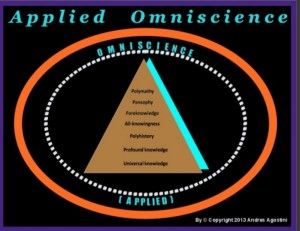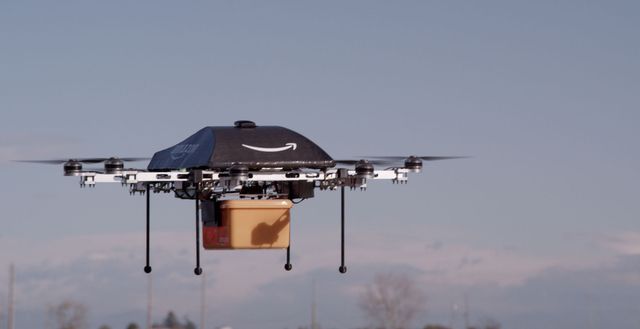Dec 12, 2013
The Future of Management Wargaming, Now!
Posted by Andres Agostini in categories: 3D printing, big data, biological, bionic, bioprinting, biotech/medical, bitcoin, business, chemistry, climatology, complex systems, cosmology, cyborgs, defense, economics, education, energy, engineering, environmental, ethics, existential risks, finance, food, futurism, genetics, geopolitics, government, health, information science, law, life extension, nanotechnology, neuroscience, philosophy, physics, policy, science, security, singularity, supercomputing, transhumanism, transparency, transportation
The Future of Management Wargaming, Now! By Mr. Andres Agostini
This is an excerpt from the conclusion section of, “…The Future of Management Wargaming , Now…!” that discusses some management theories and practices. To read the entire piece, just click the link at the end of article:
In addition to being aware and adaptable and resilient before the driving forces reshaping the current present and the as-of-now future, there are some extra management suggestions that I concurrently practice:
a) “…human knowledge is doubling every ten years [as per the 1998 standards]…”
Continue reading “The Future of Management Wargaming, Now!” »














